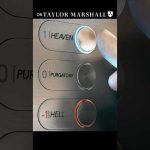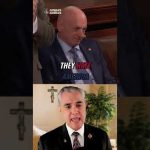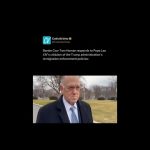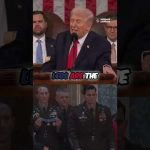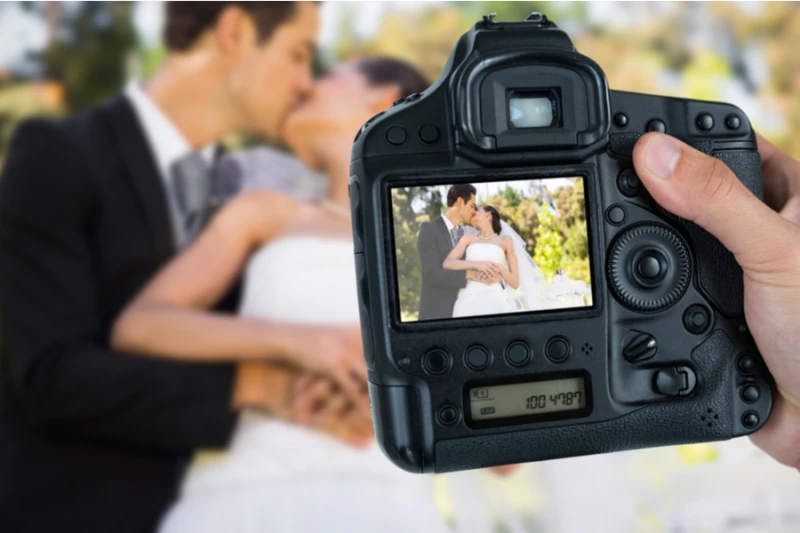
Photographer holding camera against newlywed couple. / Credit: Vectorfusionart/Shutterstock
Washington, D.C. Newsroom, Oct 3, 2025 / 09:30 am (CNA).
A federal court awarded nominal damages to a Christian photographer after the city government of Louisville, Kentucky, sought to enforce an anti-discrimination ordinance that could have forced her to provide photography services for same-sex civil weddings.
Judge Benjamin Beaton found that Louisville’s Fairness Ordinance contained “two provisions” that limited the expression of Christian wedding photographer Chelsey Nelson, who sought $1 in damages. The court awarded Nelson the requested damages.
According to the ruling, the ordinance prohibited “the denial of goods and services to members of protected classes,” which includes people with same-sex attraction.
The publication provision of the ordinance also prevented her “from writing and publishing any indication or explanation that she wouldn’t photograph same-sex weddings, or that otherwise causes someone to feel unwelcome or undesirable based on his or her sexual orientation or gender identity.”
Both provisions, Beaton ruled, “limit Nelson’s freedom to express her beliefs about marriage.”
The court stated Nelson “suffered a First Amendment injury” because she decided to limit the promotion of her business, ignore opportunities posted online, refrain from advertising to grow her business, and censored herself, which was done to avoid prosecution.
“The government can’t force Americans to say things they don’t believe, and state officials have paid and will continue to pay a price when they violate this foundational freedom,” Nelson said in a statement through her attorneys at Alliance Defending Freedom following the ruling.
“The freedom to speak without fear of censorship is a God-given constitutionally guaranteed right,” she added.
In his ruling, Beaton noted the Supreme Court set nationwide precedent when it ruled on 303 Creative LLC v. Elenis. In that decision, the court ruled a Colorado law violated a web designer’s First Amendment rights because it would have forced him to design websites for same-sex civil weddings in spite of his religious beliefs.
Beaton wrote that in spite of the Supreme Court precedent, “Louisville apparently still ‘actively enforces’ the ordinance … [and] still won’t concede that the First Amendment protects Nelson from compelled expression.”
His ruling noted that the mayor publicly stated that he would keep enforcing the ordinance, including against Nelson, after the 303 Creative decision.
Although the city’s lawyers argued in court that the city did not intend to enforce the law against Nelson, Beaton wrote: “Nothing in Louisville’s informal disavowal would prevent the city from making good on that promise [to enforce the rule against Nelson] tomorrow.”
“Anyone who’s tussled with the city’s lawyers this long and who continues to do business in and around Louisville might reasonably look askance at the city’s assurances that enforcement is unlikely,” Beaton wrote in his ruling.
Alliance Defending Freedom Senior Counsel Bryan Neihart said in a statement that “free speech is for everyone” and the precedent set in 303 Creative ensures that Americans “have the freedom to express and create messages that align with their beliefs without fear of government punishment.”
“For over five years, Louisville officials said they could force Chelsey to promote views about marriage that violated her religious beliefs,” he said.
“But the First Amendment leaves decisions about what to say with the people, not the government. The district court’s decision rests on this bedrock First Amendment principle and builds on the victory in 303 Creative.”


